U.S. President Joe Biden has recently shared that he has not yet made up his mind on whether or not to issue pre-emptive pardons to protect some public figures who have faced threats of retaliation from his Republican successor, Donald Trump.
In an interview with USA Today, which was released on Wednesday, Biden confirmed that he was seriously considering pardons for people like former Republican Congresswoman Liz Cheney and former U.S. Health official Dr. Anthony Fauci has been a prominent critic of Trump.
Biden explained that he was contemplating issuing the pardons before his term ends on January 20, 2025, which will mark the start of Trump’s potential return to the White House. This decision comes at a time when tensions between Biden’s administration and Trump supporters remain high, particularly as Trump continues to vow retribution against those who opposed him.
During an earlier meeting with Trump in the White House, Biden said he asked the former president not to carry out his threats to investigate or prosecute those who have publicly criticized him or were involved in his impeachment trials. Biden mentioned that he had made it clear to Trump that such actions were unnecessary and counterproductive, especially as they would only further damage the country’s political landscape.
Biden recalled the conversation with Trump, saying, “I tried to make clear that there was no need, and it was counterintuitive for his interest to go back and try to settle scores.”
When asked how Trump responded to these comments, Biden said, “He didn’t say, ‘No, I’m going to…’ You know. He didn’t reinforce it. He just basically listened.” The president’s tone indicated that Trump did not commit to or reject Biden’s suggestion, leaving the situation open-ended.
As a Democrat, Biden’s position on the matter is significant, especially considering the political divide in the country. Biden also shared that his final decision on granting pardons would be somewhat influenced by Trump’s choices for top administration posts if Trump were to return to the presidency. This statement further highlights the ongoing tensions between the two leaders.
Trump, who has made no secret of his intentions to punish his critics, has already voiced his support for launching investigations into people like Cheney, who has been a vocal opponent of Trump. In December, Trump backed calls for the FBI to investigate Cheney for her role in leading Congress’s probe into the January 6, 2021, assault on the U.S. Capitol by his supporters.
Trump’s anger towards Cheney stems from her decision to vote in favor of his impeachment, as well as her leadership in the bipartisan committee that investigated the Capitol riot.
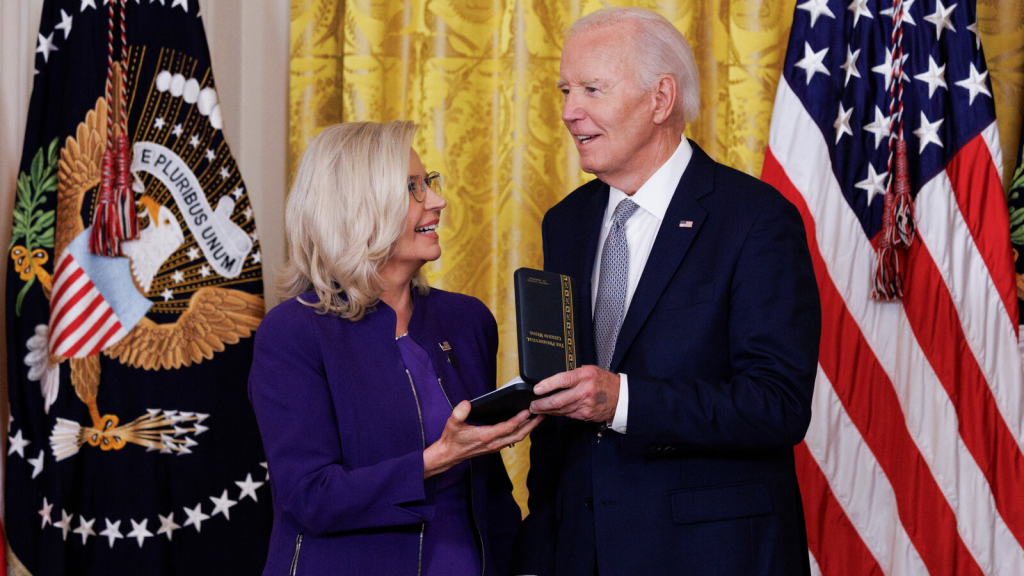
In addition to Cheney, Dr. Anthony Fauci has been another key target for Trump’s supporters. Fauci, who served as the top infectious disease expert under both the Trump and Biden administrations, frequently clashed with Trump during the coronavirus pandemic.
Trump and his allies criticized Fauci’s handling of the pandemic, and his followers have continued to attack him even after his retirement. Given these ongoing tensions, Biden’s potential pardons for Fauci could help shield him from future legal or political retribution should Trump return to power.
Biden’s aides have reportedly been discussing the option of offering pre-emptive pardons to individuals who could become targets of Trump’s retaliation. Cheney and Fauci are not the only ones under consideration. Other key figures in Biden’s administration and Trump’s political sphere, such as U.S. Senator Adam Schiff and retired General Mark Milley, have also been discussed as potential recipients of pardons.
Senator Adam Schiff, a Democrat from California, played a pivotal role in the first impeachment trial against Trump. He was the lead prosecutor during the trial, which accused Trump of abuse of power and obstruction of Congress. Schiff’s outspoken criticism of Trump has made him a target for Trump supporters, further fueling the discussion about whether or not he might need protection through a presidential pardon.
Another name mentioned in the ongoing discussions is General Mark Milley, who served as the Chairman of the Joint Chiefs of Staff during Trump’s presidency. Milley was a controversial figure during the final months of Trump’s time in office, particularly due to his public disagreements with the former president over military actions and political interventions.
Milley’s decisions during the January 6th Capitol attack have put him at odds with Trump and his allies, making him another potential candidate for a pardon.
The idea of pre-emptive pardons is not a new one, but it has gained renewed attention in recent months due to the increasing polarization of U.S. politics. While Biden has not yet made any final decisions, the possibility of pardons for high-profile figures such as Cheney, Fauci, Schiff, and Milley could have far-reaching political implications.
Biden’s decision will likely be influenced by his desire to protect individuals who have played significant roles in defending democracy and opposing Trump’s policies.
The conversation surrounding pardons for political figures is an ongoing and contentious issue. As we approach the final months of Biden’s presidency, it remains to be seen whether or not these pardons will come to fruition. However, Biden’s willingness to consider this option underscores the deep political divides in the U.S. and the ongoing battles between Trump’s supporters and his critics.
With the 2024 election on the horizon, the topic of pardons for political figures may continue to be a point of contention. As the political landscape continues to evolve, the future of pardons and political retribution remains uncertain. Whether or not Biden will take action to protect those who have opposed Trump’s agenda is a question that will likely be answered in the coming months as we approach the end of his term and the potential return of Trump to the White House.
Note: Every piece of content is rigorously reviewed by our team of experienced writers and editors to ensure its accuracy. Our writers use credible sources and adhere to strict fact-checking protocols to verify all claims and data before publication. If an error is identified, we promptly correct it and strive for transparency in all updates.


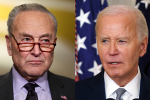
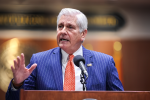
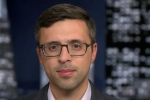
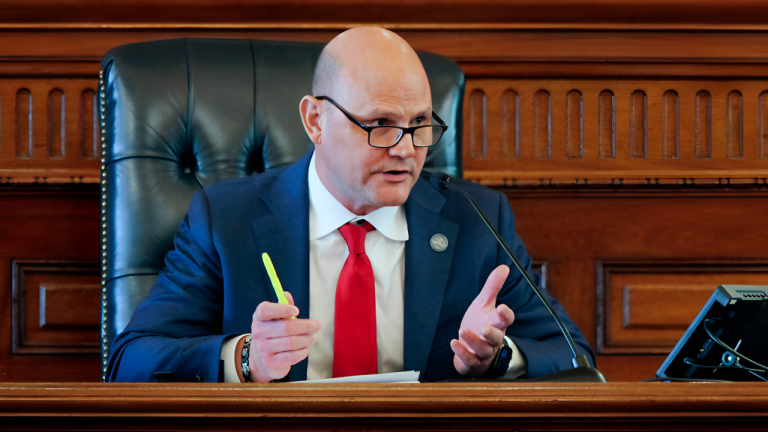

Leave a Comment